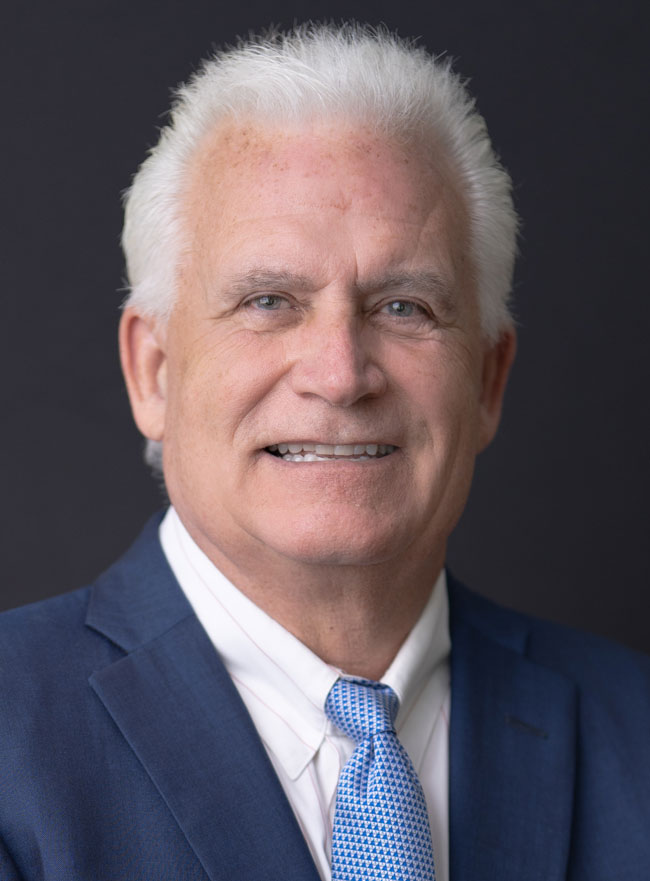Slip and Fall Accidents in Georgia
Slip and fall accidents are a common cause of personal injury in Georgia. These accidents can occur in various locations, such as supermarkets, restaurants, office buildings, and private homes. Slip and fall accidents can result in severe injuries, including fractures, head injuries, and even spinal cord damage. If you or a loved one has been injured in a slip and fall accident in Georgia, understanding your legal rights and options is crucial to obtaining the compensation you deserve.
Premises Liability Law in Georgia
Slip and fall accidents fall under the category of premises liability law in Georgia. Property owners have a duty to maintain safe conditions on their premises and to warn visitors of any potential hazards. If a property owner's negligence leads to a slip and fall accident, the injured party may be entitled to compensation for medical expenses, lost wages, pain and suffering, and other damages.
Proving Liability in a Slip and Fall Case
To succeed in a slip and fall claim in Georgia, the injured party must prove that the property owner was negligent and that their negligence directly caused the accident and resulting injuries. This typically involves showing that:
- The property owner was aware or should have been aware of the dangerous condition;
- The property owner failed to take reasonable steps to address the hazard or warn visitors; and
- The injured party suffered damages as a result of the property owner's negligence.
Gathering evidence, such as photographs of the accident scene, witness statements, and incident reports, can be crucial in building a strong case and proving liability.
The Importance of the Superior Knowledge Doctrine
In Georgia slip and fall cases, the Superior Knowledge Doctrine plays a crucial role in determining liability. This doctrine states that a property owner can be held liable for injuries resulting from a dangerous condition on their premises if they had superior knowledge of the hazard and failed to take reasonable steps to address it or warn visitors.
The injured party must prove that the property owner had actual or constructive knowledge of the dangerous condition, and that the injured party did not have equal knowledge of the hazard. In other words, the property owner's knowledge of the hazard must be greater than that of the injured person for the doctrine to apply. If the injured party can establish the property owner's superior knowledge, it can strengthen their claim and increase their chances of obtaining compensation.
Proving superior knowledge can be challenging and may require gathering evidence such as maintenance records, security footage, and employee testimony. An experienced personal injury attorney can help investigate the circumstances surrounding the accident and determine if the Superior Knowledge Doctrine applies to your case.
Common Circumstances of Slip and Fall Injuries Around Local Businesses
Slip and fall accidents can occur in a variety of circumstances and locations, especially around local businesses. Some common situations that can lead to slip and fall injuries include:
- Wet or slippery floors: Spills, leaks, or recently mopped floors can create slippery surfaces, increasing the risk of slip and fall accidents. Business owners should promptly address spills and provide adequate warning signs for wet floors.
- Uneven surfaces: Uneven flooring, such as cracked tiles, torn carpeting, or poorly maintained sidewalks, can cause individuals to trip and fall. Business owners should regularly inspect and maintain their premises to prevent such hazards.
- Cluttered walkways: Obstructions in walkways, such as boxes, cords, or merchandise, can create tripping hazards. Business owners should ensure that walkways are clear and free of obstructions.
- Poor lighting: Insufficient lighting in parking lots, stairwells, and walkways can make it difficult for visitors to see potential hazards, increasing the likelihood of slip and fall accidents. Proper lighting should be installed and maintained to ensure visibility.
- Loose or missing handrails: Staircases without secure handrails can pose a significant risk of falls. Business owners should ensure that handrails are properly installed and maintained.
If you have been injured in a slip and fall accident around a local business, it is essential to document the circumstances surrounding the incident and consult with an experienced personal injury attorney to discuss your legal options.
Comparative Negligence in Georgia Slip and Fall Cases
Georgia follows a modified comparative negligence rule in personal injury cases, including slip and fall claims. This means that if the injured party is found to be partially at fault for the accident, their compensation will be reduced by their percentage of fault. If the injured party is found to be 50% or more at fault, they will be barred from recovering any compensation. Therefore, it is essential to effectively present your case and minimize any potential claims of contributory negligence.
Seeking Legal Representation
Slip and fall cases can be complex, and proving liability requires a thorough understanding of Georgia premises liability law. Hiring an experienced personal injury attorney can significantly improve your chances of obtaining the compensation you deserve. An attorney can gather evidence, negotiate with insurance companies, and represent your interests in court, ensuring that your rights are protected throughout the process.
